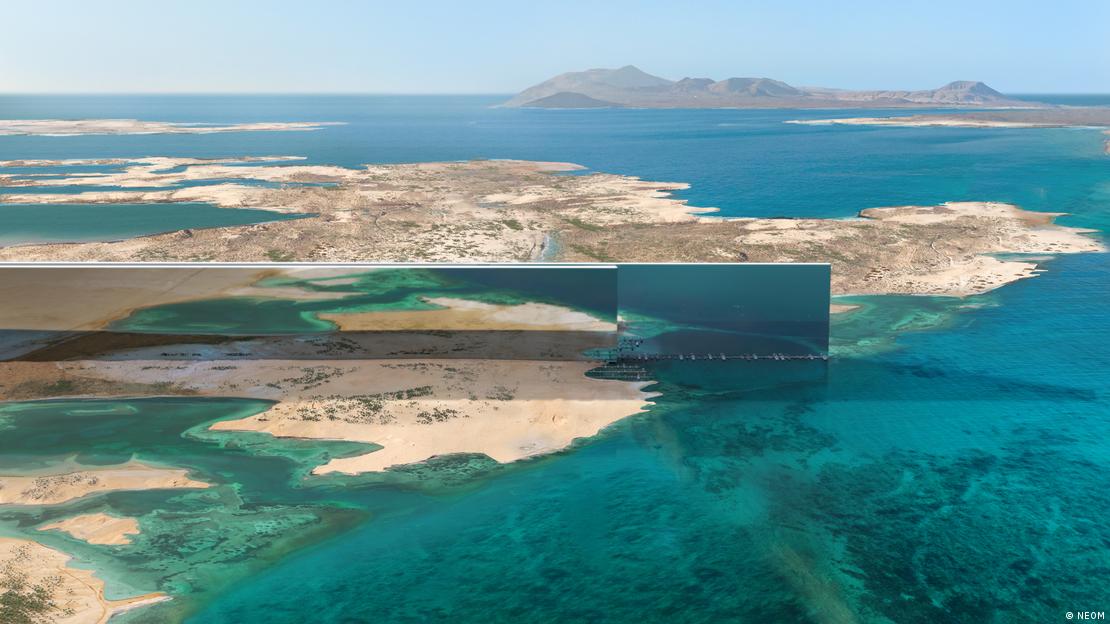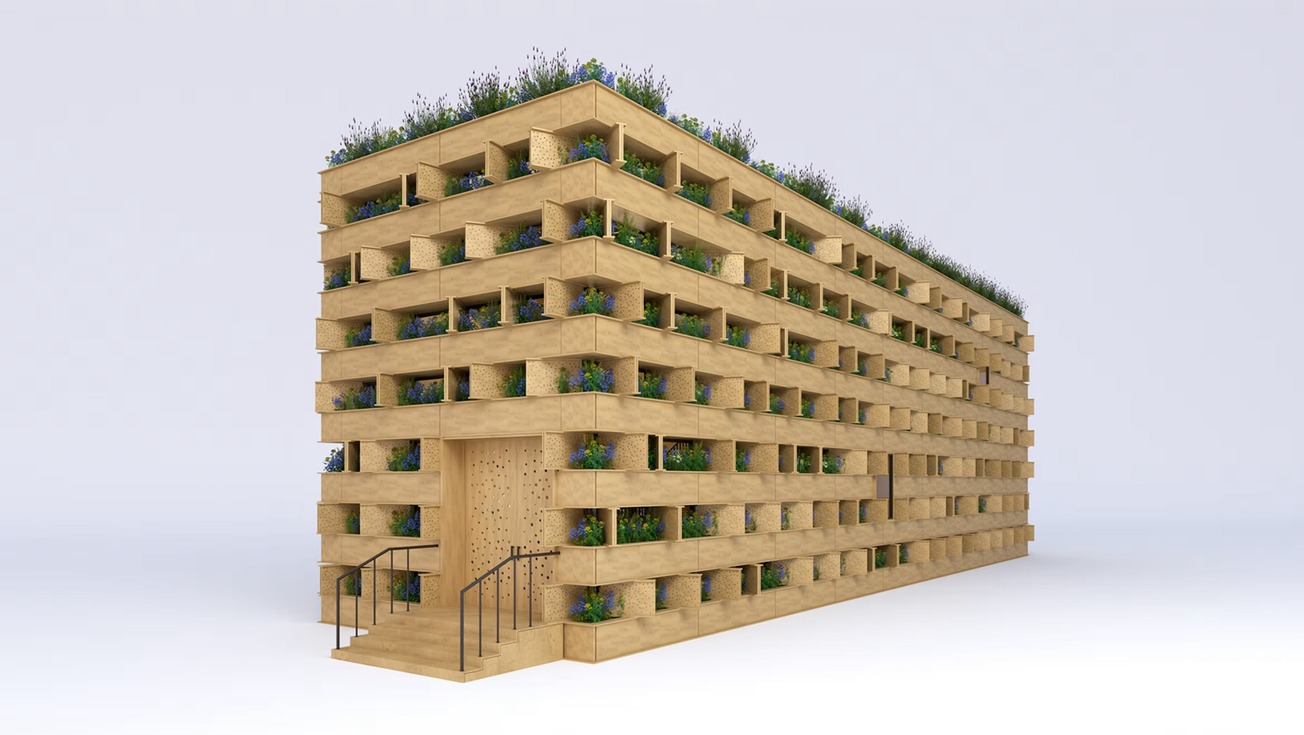Saudi Arabia's ambitious Neom project, a futuristic megacity touted as an emblem of economic and societal transformation, is marching forward despite drawing international criticism for alleged human rights violations. A recent report by the Office of the United Nations High Commissioner for Human Rights (OHCHR) highlights concerns over the displacement of the Howeitat tribe and the demolition of their homes without proper compensation. As Saudi Arabia pushes ahead with this ecological prestige venture, questions are raised about the balance between development and human rights.
The OHCHR report reveals that individuals from the Howeitat tribe, inhabitants of the region designated for Neom, have experienced forced displacement and loss of homes. Tragic incidents include the death of one tribe member and the confirmation of death sentences for three others, while an additional three face 50-year prison sentences on terrorism charges. These events have sent shockwaves through both the local and international communities, raising concerns about human rights and the ethical implications of large-scale development projects. The alleged violations have cast a shadow over the promise of inclusion and participation in the planning process, exposing a disconcerting gap between official commitments and the realities faced by the affected communities. The juxtaposition of these allegations against the backdrop of Neom's grand ambitions prompts critical questions about the true cost of progress and the importance of safeguarding the rights and well-being of those directly impacted.
Neom, a centerpiece of Saudi Arabia's Vision 2030 initiative, is a monumental $500 billion endeavor aimed at diversifying the economy and reducing oil dependence. Stretching across 26,500 square kilometers near the Red Sea coast, the city aspires to showcase cutting-edge technology, renewable energy sources, and international investment. However, these aspirations have sparked a debate surrounding human rights, environmental sustainability, and the ethical considerations of such a massive project. While the project's innovative vision offers a glimpse into a potential future, it also brings into focus the pressing need for responsible development that upholds the rights and dignity of all individuals, ensuring that progress does not come at the cost of human well-being and justice. Balancing the pursuit of economic growth with respect for human rights remains a crucial challenge for the Neom project and similar ambitious initiatives worldwide.

Sebastian Sons, a senior researcher at the Center for Applied Research in Partnership with the Orient (CARPO), emphasizes that while construction is underway, Neom is still in its infancy. International consultants are actively involved, reflecting Saudi Arabia's determination to turn its vision into reality. The city's direct-flight connections to global hubs underline the country's commitment to the project. As the driving force behind Saudi Arabia's modernization, Crown Prince Mohammed bin Salman faces immense pressure to deliver on Neom's promises and demonstrate a successful blend of development and human rights. The challenge lies in striking a delicate balance between economic advancement and ethical considerations, acknowledging that true progress is marked not only by technological marvels but also by the protection and well-being of those affected by such grand aspirations. The world watches closely as Neom unfolds, as its outcome will likely influence the approach of other ambitious projects and provide insights into the potential harmonization of developmental goals and human rights standards.
Critics, however, stress that the glossy brochures do not reveal the alleged violations that have marred the construction process. Human rights organizations like Reprieve and ALQST condemn the project's potential negative impact on the local population. The closed-door trials of tribe members and the perceived disregard for human rights raise questions about the cost of progress. As international scrutiny intensifies, the balance between economic growth and human rights protection becomes paramount.
Sebastian Sons suggests that international pressure has the potential to sway Saudi Arabia's human rights policies. Past instances have led to suspended executions and the release of activists. Highlighting the dire human rights situation during her recent trip to the Gulf, German Foreign Minister Annalena Baerbock underscores the link between economic cooperation and fundamental freedoms. With German companies involved in Neom's development, it becomes imperative for nations to advocate for social compatibility and ethical construction practices.
As Neom forges ahead with its transformational vision, the world watches closely. The project serves as a litmus test for Saudi Arabia's commitment to development without compromising human rights. The global community's response, ranging from diplomatic negotiations to international pressure, will inevitably shape the narrative of this colossal endeavor. The challenge remains to strike a harmonious balance between progress and ethical responsibility, ultimately determining whether Neom will stand as a model for future urban development or a cautionary tale of human rights oversight.








